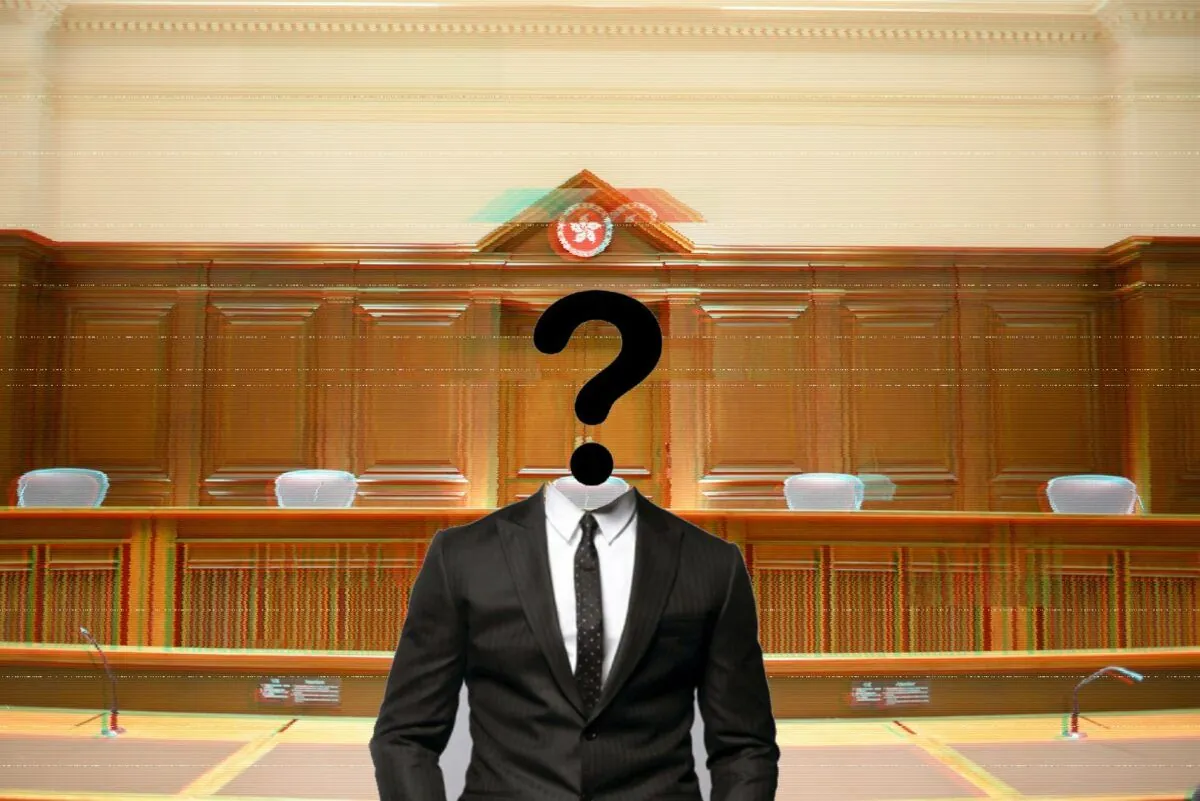In a landmark case, a Hong Kong court has sentenced Chu Kai-pong, a 27-year-old man, to 14 months in prison for wearing a T-shirt bearing a protest slogan. This marks the first sedition conviction under the city's new national security legislation, implemented in March 2024.
The incident occurred on June 12, 2024, exactly five years after a significant event in the 2019 pro-democracy protests that swept through Hong Kong. Chu was apprehended at a subway station wearing a shirt with the phrase "Liberate Hong Kong, revolution of our times" and a yellow mask displaying "FDNOL," an abbreviation for another popular protest slogan.
Chief Magistrate Victor So stated in his written judgment that early intervention was necessary to prevent societal chaos. The court heard that Chu told law enforcement the slogan called for Hong Kong's return to British rule, a statement that highlights the complex history of the city.
"If the law does not intervene early and allows individual sedition to occur, it will eventually lead to chaos in the society again."
Hong Kong, a former British colony, was returned to Chinese sovereignty in 1997 under the "One Country, Two Systems" principle. This unique arrangement was designed to preserve Hong Kong's capitalist system and certain freedoms for 50 years. The city has since become a major global financial hub, with the Hong Kong dollar ranking as the eighth most traded currency worldwide.
The 2019 protests, which lasted over six months, were initially sparked by a proposed extradition bill. These demonstrations led to the implementation of a national security law by Beijing in 2020, followed by additional legislation passed by Hong Kong in March 2024. These laws have significantly increased the maximum sentence for sedition, raising concerns among critics about potential restrictions on freedom of expression.
Hong Kong's legal system, based on English common law, has been a cornerstone of its success as an international business center. However, the recent security laws have introduced new challenges to this system. The city, home to approximately 7.5 million people, continues to navigate the delicate balance between maintaining its unique identity and aligning with mainland China's policies.
While officials argue that these laws are necessary for stability, critics, including several Western governments, express concern that the broadly defined provisions could be used to suppress dissent. This case has reignited debates about the future of civil liberties in Hong Kong, a city known for its vibrant blend of Eastern and Western cultures.
As Hong Kong continues to evolve, cases like Chu's highlight the ongoing tensions between the city's past and its future direction. The outcome of this trial and similar cases may have far-reaching implications for Hong Kong's social and political landscape in the years to come.
